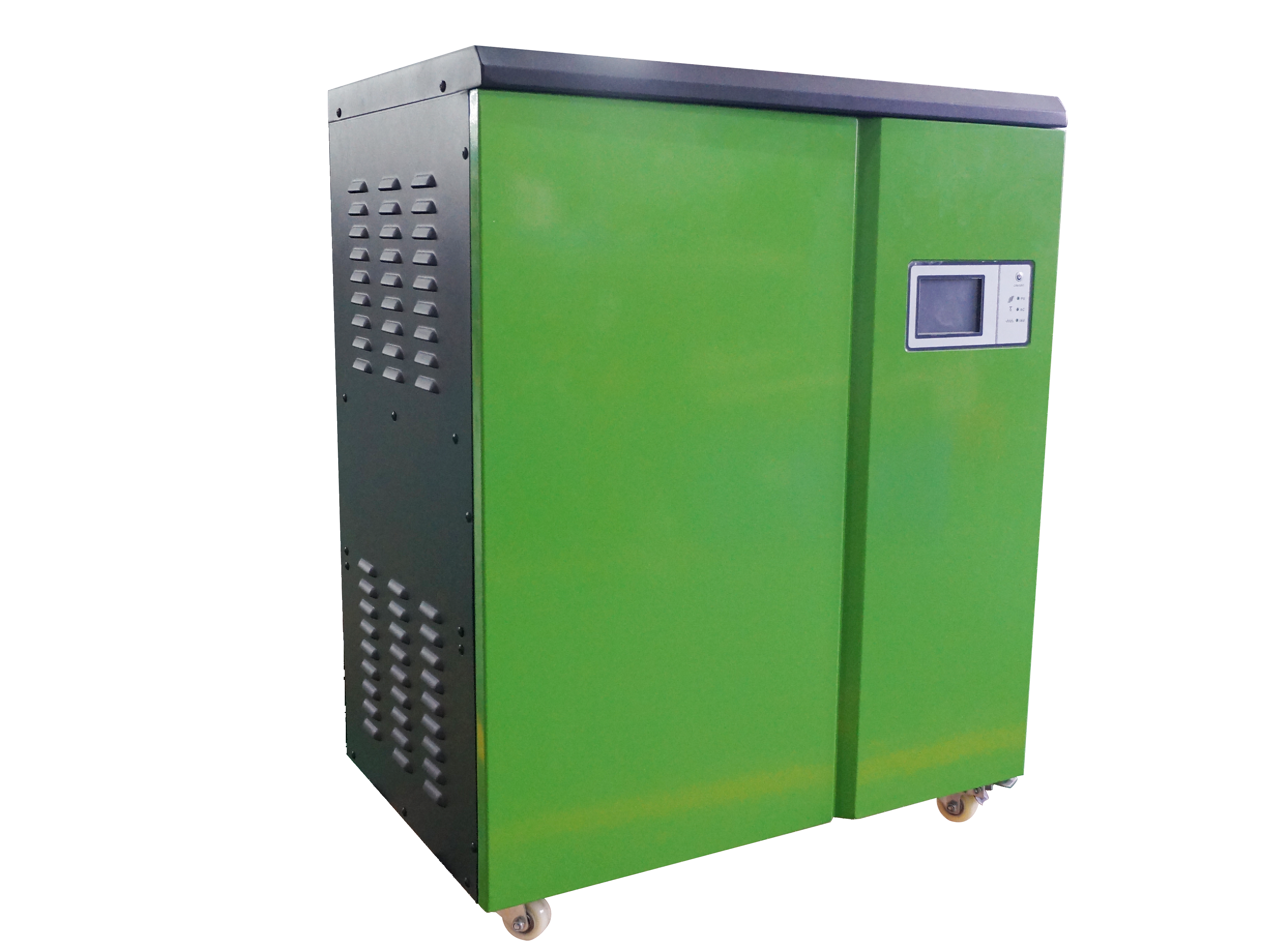Environmental impact and sustainable development of solar inverters
The environmental impact and sustainable development of solar inverters are mainly reflected in the following aspects:
1. environmental impact
Energy efficiency: As the core component of solar photovoltaic power generation system, solar inverter converts solar energy into electrical energy, realizes the effective use of natural resources, reduces the dependence on limited resources, and reduces the damage to the environment.
Emission control: The application of solar inverters can effectively reduce the emission of harmful gases such as greenhouse gases, reduce the impact of pollutants on air, water and soil, and reduce ecological pressure. Specifically, the inverter reduces energy waste and pollutant emissions in the power production process through its efficient conversion function.
Resource recovery: After the end of the life of the solar inverter, its recycling mechanism can reduce resource waste, reduce environmental damage, and realize the recycling of resources.

2.sustainable development
Technological innovation: With the continuous progress of solar technology, the efficiency of solar inverters continues to improve, and the cost is gradually reduced, which makes the overall competitiveness of solar power generation systems enhanced, helping to promote the sustainable development of the solar industry.
Promoting environmental protection policies: In order to cope with global climate change and energy crisis, governments have introduced a series of environmental protection policies to encourage the development and application of renewable energy. As a key component of solar power generation system, solar inverter's environmental performance has been more widely recognized and applied.
Improvement of the industrial chain: The development of the solar inverter industry has led to the rise of related industries, such as solar cells, energy storage systems and other manufacturing, as well as the installation, operation and maintenance of solar equipment industry. The development of these industries not only creates jobs, but also drives economic growth and sustainable development.
3. Specific data and indicators
Energy efficiency: The ratio of the inverter's power generation capacity to electricity consumption reflects its energy utilization efficiency. With the advancement of technology, the energy efficiency of inverters continues to improve, such as some products claim to achieve 98% efficiency.
Emission control: The impact of reactive power, noise and electromagnetic radiation on the environment of the inverter needs to be strictly controlled. The noise index of the inverter is not higher than 65 decibels, and the electromagnetic radiation is comparable to that of household appliances, lower than that of induction cookers, hair dryers and other equipment.
Operating life: The service life and reliability of the inverter are crucial for resource utilization and environmental protection. Long-life, high-reliability inverters can reduce environmental damage and waste of resources.
In summary, solar inverters are of great significance in terms of environmental protection and sustainable development. With the continuous advancement of technology and the promotion of policies, solar inverters will continue to play a key role in the field of renewable energy and promote the transformation and upgrading of the global energy structure.
